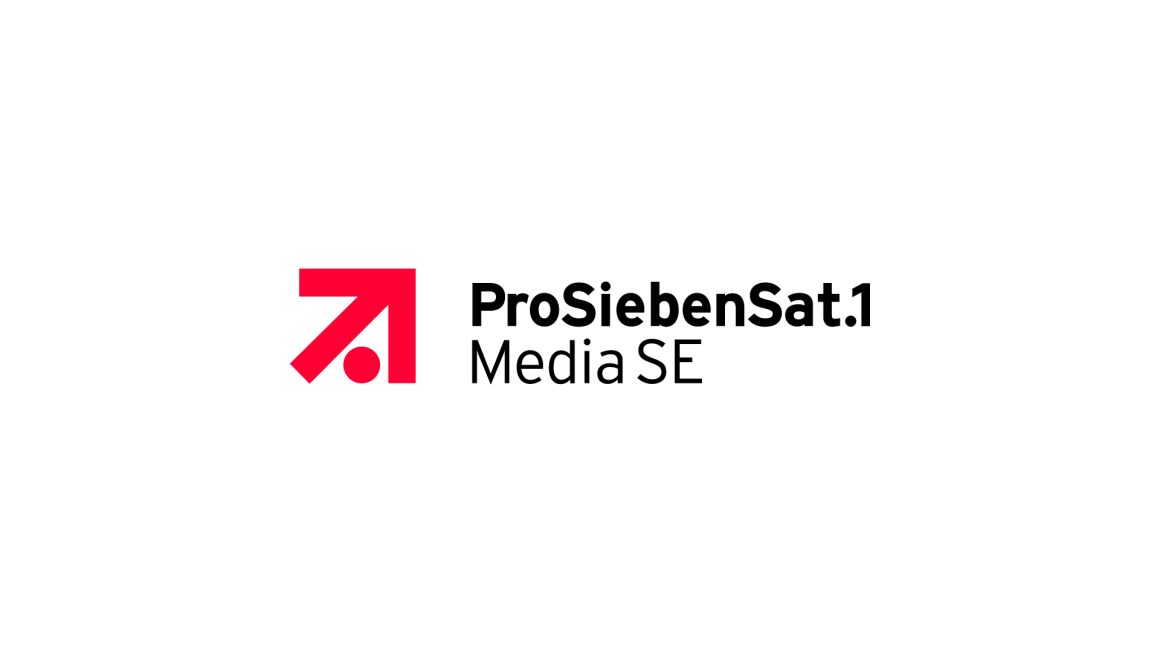Having launched in Canada one year previously, Netflix announced its plans in September 2011 to expand into 43 countries throughout Latin America and the Caribbean – its largest expansion to date. One month later, the company revealed its plans to launch its online video streaming service in early 2012 in the UK and Ireland. Some 10,000 km away outside Munich, Thomas Ebeling, CEO of Germany’s largest TV company, ProSiebenSat.1 (hereafter “ProSieben”) was only too aware that Netflix’s announcements were just the first steps in its race to establish online global dominance.
It was only a matter of time before Germany – Europe’s largest TV market – became the new front line for digital disruption in the streaming service provider wars. Though ProSieben was one of the most profitable media corporations in Europe at the time – the company was number one in the German advertising market with a share of 42%. Its financials were solid, it boasted a relentless pipeline of blockbuster innovations, such as the Voice of Germany which was predicted to be an instant hit, its newly founded in-house production unit based in the US was already creating a buzz and it had made substantial investments in online media.
But was the company really ready to take on platform businesses such as Netflix and Amazon and emerge victorious in the digital revolution?


